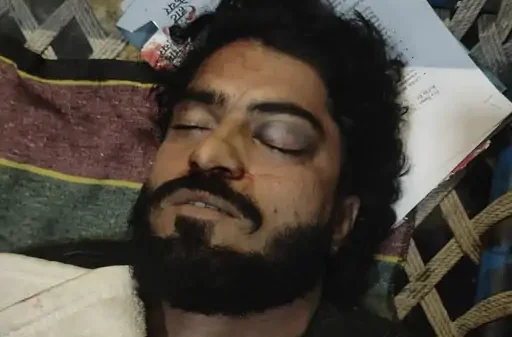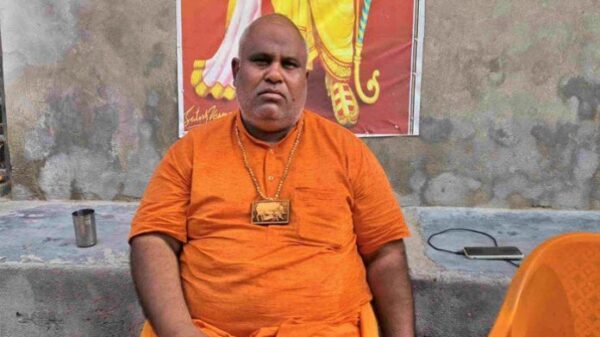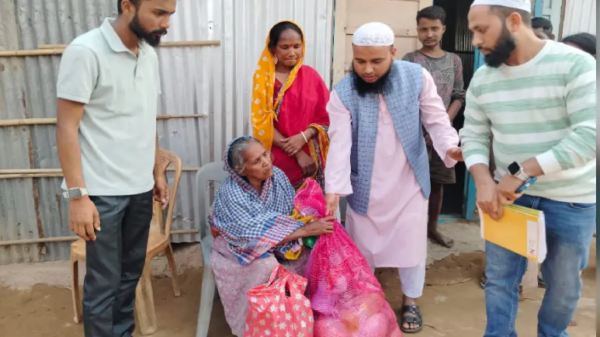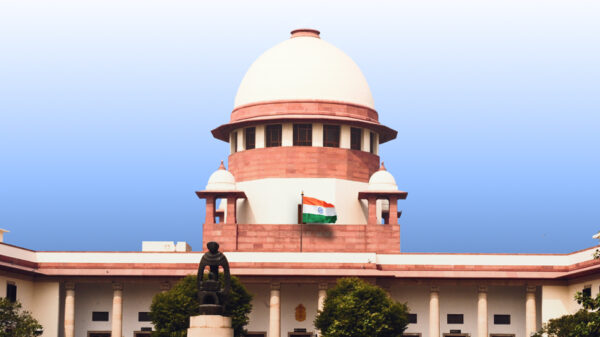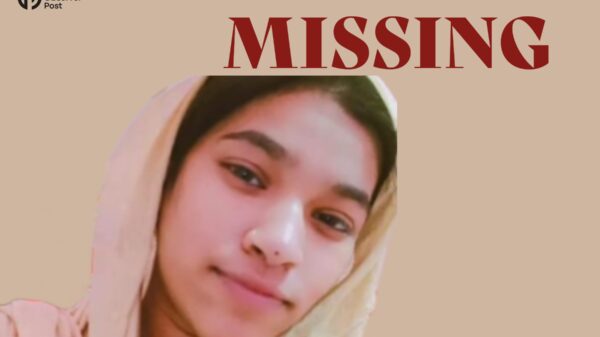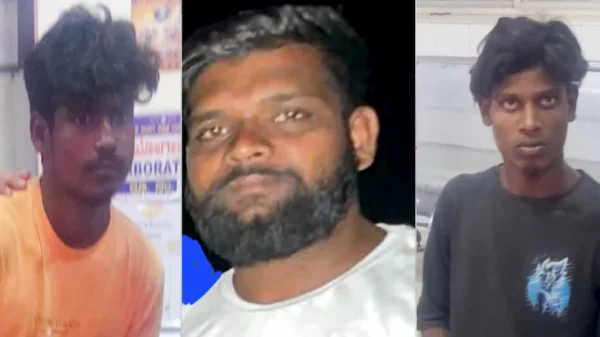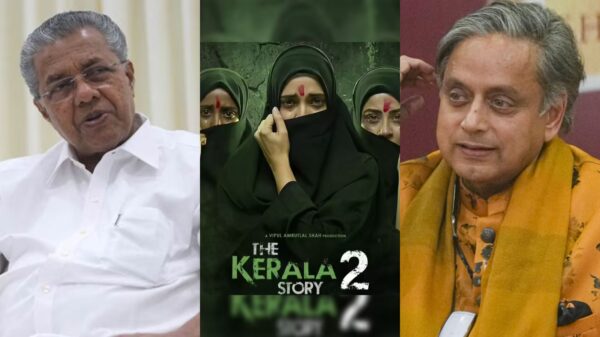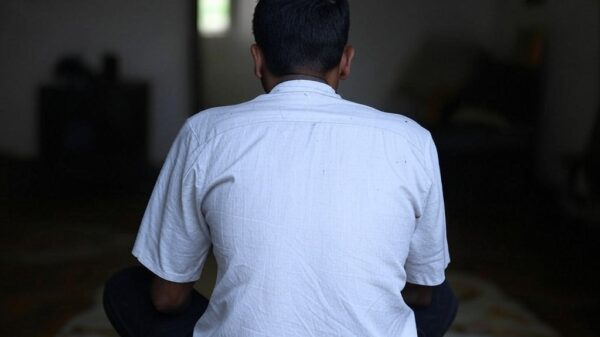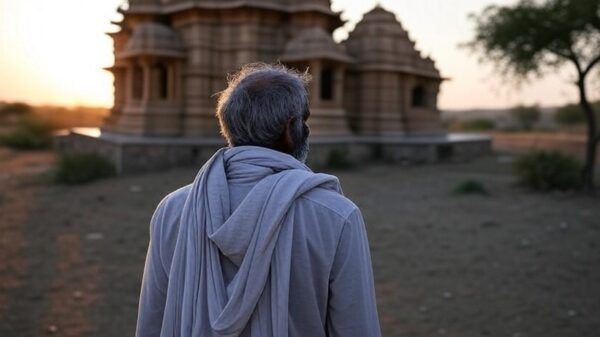In Lahadod village, Rajasthan, a Dalit groom named Ashish was allowed to ride a mare during his wedding procession, a long-standing tradition denied to many Dalit men in rural areas. However, the event, which should have been a joyous celebration, was marred by the need for heavy police protection due to fears of caste-based disruption.
Ashish, who had requested police assistance ahead of the wedding, was worried about possible interference from local bullies who have previously disrupted similar events. “I did not want to face the same humiliation as my sister did at her wedding a few years ago,” he told media. “She had to walk because of threats from local groups. I wanted to ride a mare to show that we too deserve respect.”
To ensure the procession went off without a hitch, police from three stations, including the Kotakasim, Kishangarhbas, and Bhiwadi areas, and three Deputy Superintendents of Police (DSPs) were deployed. The police presence was so large that it actually outnumbered the wedding guests—both the bride’s and groom’s sides.
While this may seem like a positive step forward, it also highlights the deep-rooted caste prejudices still prevalent in many parts of Rajasthan. The fact that a groom needs police protection just to participate in a wedding tradition that should be open to everyone points to the ongoing struggles faced by Dalits in the region.
Ashish’s family recalled the painful experience of his sister’s wedding, where the groom had been forced to walk because of caste-related threats.
Despite the heavy security, the event was a success, and Ashish rode the mare as planned. This marks a small but significant victory against caste-based discrimination, as in recent years, other Dalit weddings in Rajasthan have seen positive changes. In Barmer, a Dalit girl’s wedding was hosted by a Rajput family, and in Ajmer, a Dalit bride was honored by riding a mare, breaking old barriers of caste exclusion.






